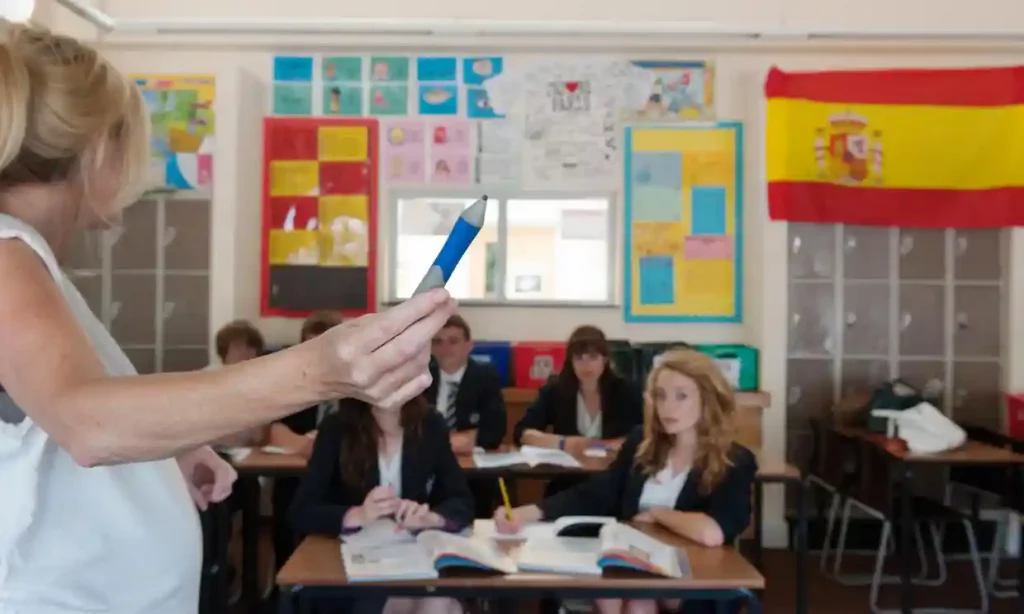Stress, poor pay, no trust. Who’d be a teacher now? (The Guardian, 11.01.23)

Readers respond to analysis that showed a third of teachers who qualified in the last decade have left the profession

I joined the teaching profession in the mid-1960s for a lifelong career in an optimistic, expanding education service being given increased respect, staffing and other resources. The current situation is very different (Third of England’s teachers who qualified in last decade ‘have left profession’, 9 January). I joined too because of the relatively great but still conditional autonomy offered me to exercise initiative, develop new ideas of my own and “make a difference” to the 46 primary-aged children I taught. That autonomy has now been drastically curtailed by an intrusive, demoralising, distrustful accountability system.
As a young teacher, I remember knowing that if my day was boring, unproductive or restrictive, it was my own fault; I could have done things differently. That cannot be said of the experience of many recently qualified teachers who have left the profession. Perhaps their premature departure could have been prevented if at least some of the characteristics of optimistic 1960s education had been present.
Prof Colin Richards
Former HM inspector of schools
There used to be a question posed by teachers to government when I was active in union affairs some 40 years ago: “What do you want me to give up in what I am doing now to make room for what you want me to do in the future?” Ever since the start of my teaching career, which ran from 1966 to 2001, the service has been treated like a petri dish by politicians and so-called experts. The opportunity to create a meaningful state system out of the failure of the postwar tripartite system has been squandered on the altar of innovation. Now, we have a business model in the state sector, or what is left of it, that is clearly no longer fit for purpose. There has been too much reform, in which common sense has been largely thrown out of the window.
John Marriott
Lincoln
As the public sector discontent drags on, it’s obvious that no politician is listening to the real issues, which is why the solutions offered by both major parties have no chance of succeeding. Teachers, doctors and nurses pay for their qualifications just to enter their specific professions. The public are getting the fruits of this training free, while graduates pay off both loans and escalating interest. To allow pay to drop so substantially over 12 years demonstrates how little successive governments value hard-won professional knowledge and expertise.
To read the full article, visit: https://www.theguardian.com/education/2023/jan/11/stress-poor-pay-no-trust-whod-be-a-teacher-now







Responses